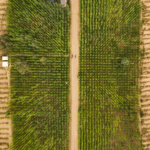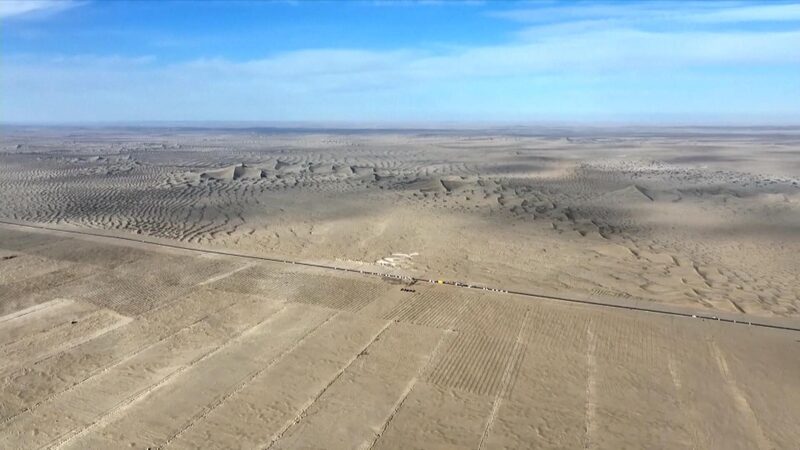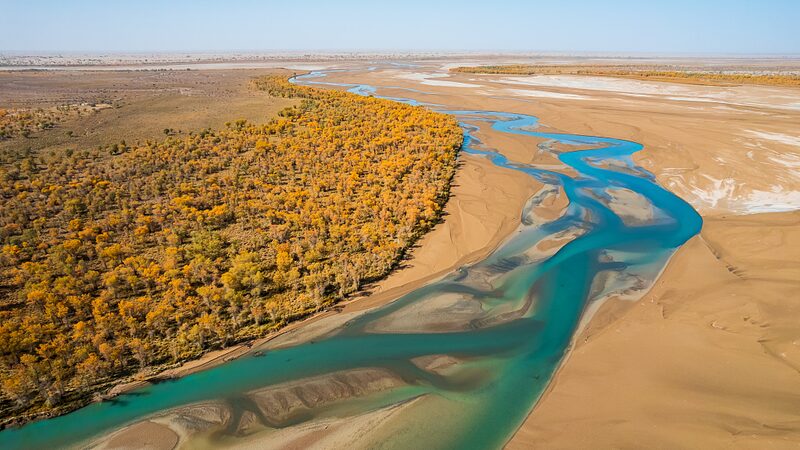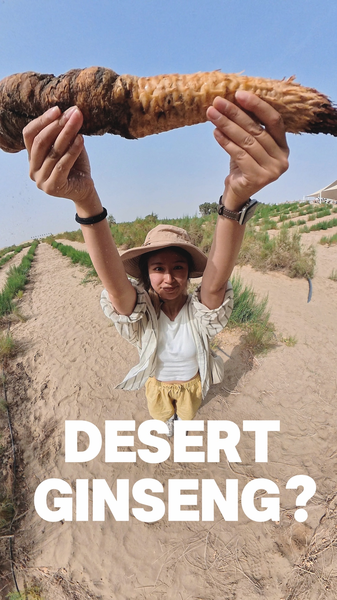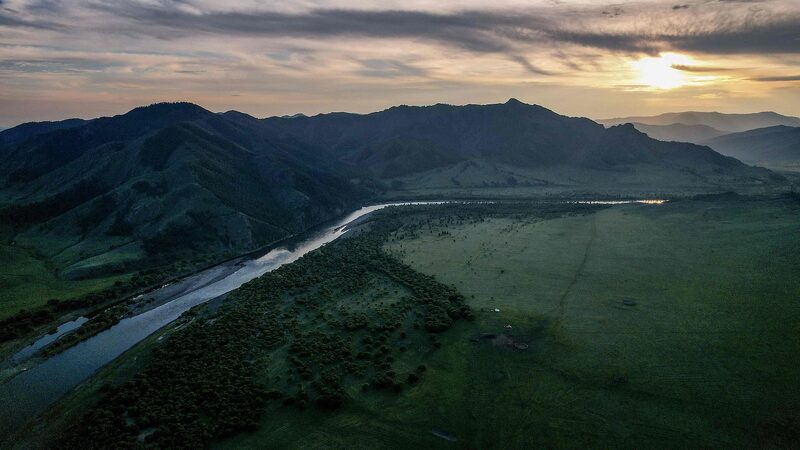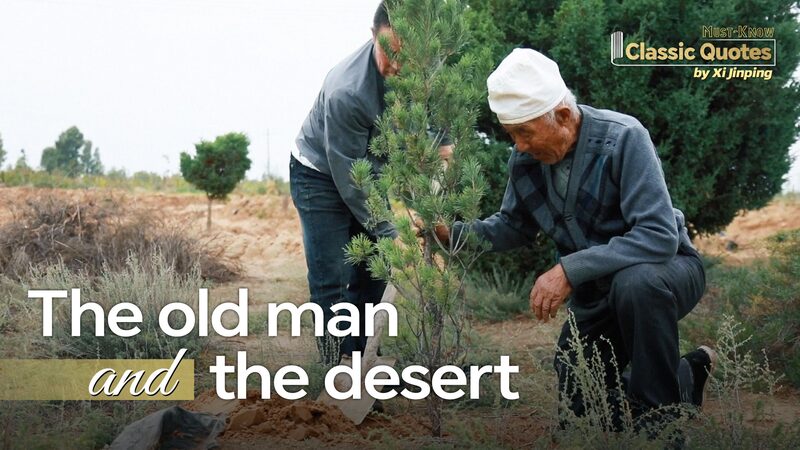Harmony in the Sands: The Guo Family’s Legacy in China’s Mu Us Desert
When Guo Chengwang began planting trees in the Mu Us Desert in northwest China’s Shaanxi Province almost 40 years ago, he did not envision that his solitary efforts would spark a legacy of environmental transformation. In 1985, of the 1,200 saplings he painstakingly planted, only one survived the harsh desert conditions. Yet, this lone poplar was a beacon of hope for Guo, proving that life could take root even in the most desolate landscapes.
“In the 1980s, the land was just endless sand dunes,” Guo once recalled. “There was nothing else—no grass, no signs of life.” The relentless sandstorms made the environment nearly uninhabitable. “The sandstorms were so strong that you could barely open your eyes,” added Guo Jianjun, his grandson.
Today, Guo Jianjun continues his grandfather’s mission, dedicating himself to greening the once barren desert. Through persistent efforts spanning generations, the Guo family has transformed over 3,000 hectares of uncultivated desert into a flourishing oasis. Their dedication is part of a broader movement across the region, which has seen more than 80 percent of the sand-covered land in the Mu Us Desert brought under control and a forestation rate reaching 30 percent, according to Xinhua reports.
Embracing Nature’s Wisdom
The Guo family’s story is a living embodiment of an ancient Chinese proverb from “Xunzi,” the Confucian classic: “All things that grow live in harmony and benefit from the nourishment of Nature.” This wisdom, articulated by the renowned philosopher Xunzi during the Warring States Period (475-221 BC), underscores the importance of respecting and following the laws of nature.
Chinese President Xi Jinping echoed this sentiment at the Leaders Summit on Climate in April 2021. Quoting the proverb, he emphasized the need to promote harmony between man and nature.
Reference(s):
cgtn.com
